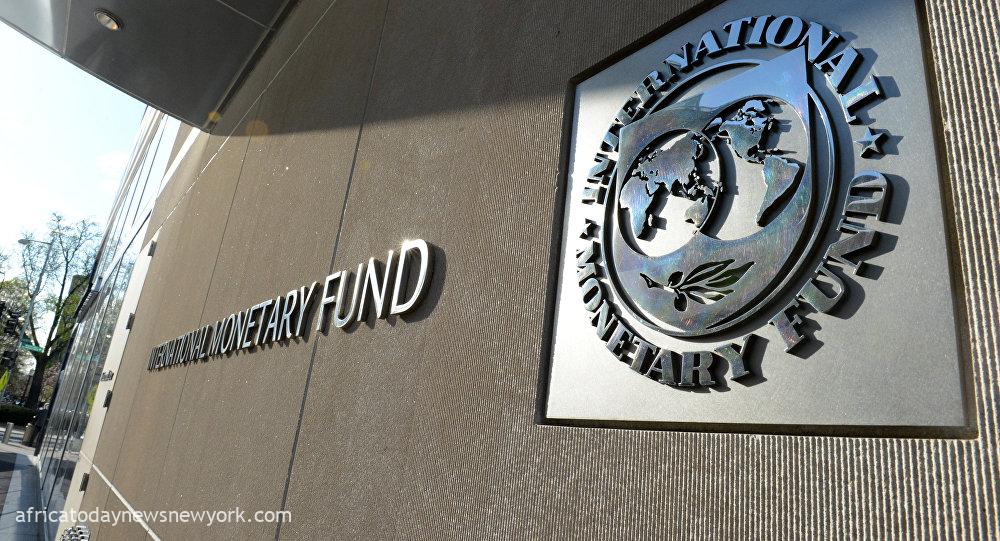The International Monetary Fund, IMF, made public on Friday its decision to promptly release $820 million to the Egyptian authorities, marking a crucial step in bolstering the country’s faltering economy.
The IMF’s Executive Board officially approved the disbursement as a component of a $3 billion assistance package sanctioned after 2022.
After numerous postponements, the long-awaited IMF action has finally materialized, offering a timely lifeline to the Egyptian government amid escalating economic challenges.
In addition, the Board sanctioned a $5 billion extension disclosed earlier this month, thereby increasing the Fund’s total lending to Egypt to $8 billion.
According to a news release sent to AFP on Friday, the IMF stated that the Egyptian government has accomplished all the objectives delineated in the first two phases of the aid program, except for the level of its foreign exchange reserves.
“The authorities have significantly strengthened the reform package,” IMF Managing Director Kristalina Georgieva said in the release.
“Recent measures toward correcting macroeconomic imbalances, including unification of the exchange rate… and significant tightening of monetary and fiscal policies, were difficult, but critical steps forward,” she added.
Earlier this month, Egypt’s central bank raised rates by six percentage points to 27.75 percent to combat inflation and bring the official exchange rate closer to the black market rate, causing the Egyptian pound to plunge 40 percent in one day, following a 50 percent fall over the last few months.
Roughly sixty-six percent of Egypt’s vast population, numbering 106 million individuals, struggle to make ends meet, residing just above or below the poverty threshold. Compounding these challenges are declining foreign currency earnings, resulting from setbacks in the tourism industry caused by the pandemic, the conflict in Ukraine, and ongoing hostilities in the Gaza Strip, alongside complications in Suez Canal operations.
Read also: Economic Conditions In Sri Lanka Improving, IMF Declares
The International Monetary Fund (IMF) reported that assaults carried out by Yemen’s Huthi insurgents in the Red Sea and Gulf of Aden have slashed dollar earnings from the canal, a vital conduit for global commerce, by 40-50 percent since the beginning of the year.
President Abdel Fattah al-Sisi, since assuming leadership in 2013, has initiated a succession of massive undertakings that economists argue have not yielded fresh income streams but have considerably curtailed the government’s financial flexibility.
Egypt’s foreign debt soared from $46 billion to exceeding $165 billion between 2013 and 2022, according to World Bank data, ranking it as the second country most exposed to default risk, after war-stricken Ukraine.
The IMF’s projections for the forthcoming fiscal year paint a relatively bright picture, with economic growth expected to surge by 4.4 percent, in contrast to the 3 percent growth anticipated for the current fiscal year ending on June 30.
